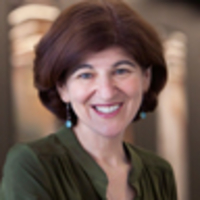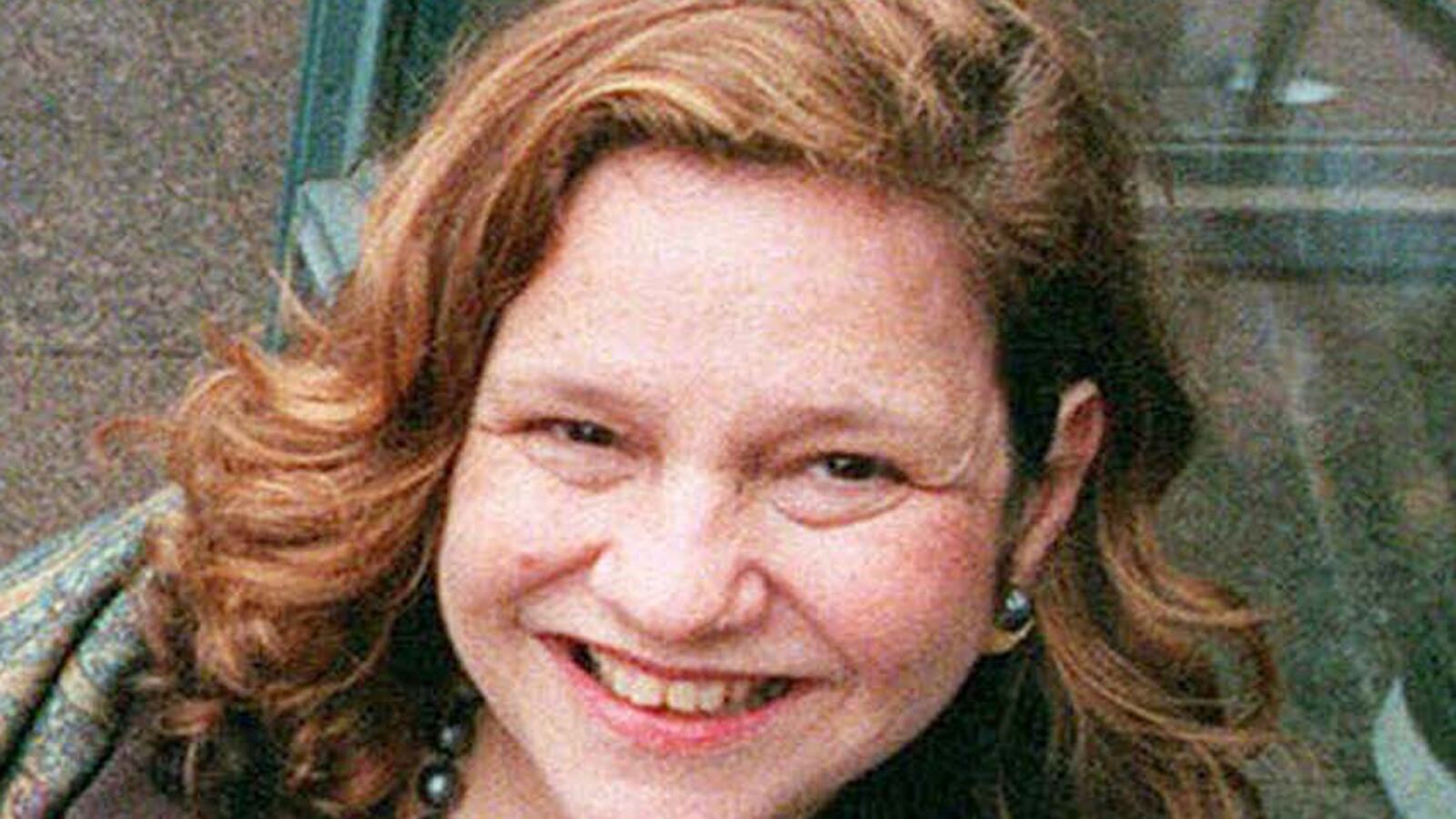The two most frequent questions I’ve been asked about Wendy Wasserstein, the subject of a biography I’ve just spent three years researching and writing:
“What ever happened to Wendy’s daughter?”
“Wendy who?”
Which question people asked is a nearly a foolproof indicator of their age. Over 40? You ask about her daughter, the result of Wasserstein’s long pursuit of motherhood and subject of her writing in The New Yorker. Under 40? Maybe you’ve heard the name, but you’re not likely to know her plays or essays.
For baby boomers—Wasserstein’s cohort—plays like The Heidi Chronicles, Uncommon Women and Others, and Sisters Rosensweig spoke to the concerns of educated, ambitious people. With wit and a shrewd grasp of the zeitgeist, Wasserstein managed to combine large questions of identity with warmth and wisecracks. In essays she wrote primarily for The New Yorker and The New York Times, she invited readers to share her dilemmas, large and small.
Because she wrote about women and the subjects that concern us, she was designated a feminist. But with Wasserstein everything, including politics, tended to be personal. Her work was also remarkably prescient. She wrote about the perils and pleasures of friendships among women, about the difficulty of balancing career and family, the impossibility of love, whether one could lose weight without exercising or dieting. She longed for a child but recognized—20 years ago—that the notion of what makes a family was already in flux.

In a career that began in the late 1970s and continued through 2005, she made her life a mirror of the enormous shift in relationships between men and women, gay and straight. Uncommon Women and The Heidi Chronicles were preambles to Sex and the City. Perhaps not coincidentally, both Sarah Jessica Parker and Cynthia Nixon performed in early productions of The Heidi Chronicles. Wasserstein’s play, which premiered a decade before the HBO series, contained a scene in which a Hollywood producer pitches an idea about three single women turning 30 in a large urban center.
Years before Facebook existed, she “posted” updates on her life in essays published in newspapers and magazines. Before the concept of Internet identities existed, she created a public persona that seemed intimate but was carefully controlled.
She was not born a golden girl. Wasserstein was smart but sloppy, the overweight daughter of an annoyingly thin mother who never let her children forget their failings even as she pronounced them to be the best. In school Wasserstein was known as the smart girl who didn’t live up to her potential.
When she graduated from Mount Holyoke College, leaving behind an undistinguished record, she was floundering. “Did you ever think you could be great if only?” she wrote to a friend. “I live in the fantasy where that if only doesn’t exist. In reality it looks larger every day.”

If she had done better on her law boards, we most likely wouldn’t ever have heard of her. But following rejection from law school, and having always performed in school plays, she enrolled in a writing course at the City College of New York. Her teachers were well-known playwright Israel Horovitz and the famous novelist Joseph Heller. Their encouragement changed Wasserstein’s life.
But inspiration without determination leads nowhere, and Wasserstein understood this. She applied for jobs as a copywriter at advertising agencies and sent stories and articles to numerous magazines, only to receive form rejection letters. Though she made another attempt at law school—again unsuccessful—she continued to write, ultimately winning acceptance into Yale Drama School.
Yale Drama School in those days was a tough place, resolutely not nurturing. Sigourney Weaver, in the class two years above Wasserstein’s, recalled, “After years of wanting to do nothing but theater, we are at this place where we can argue about Chekhov in the corridors, and everyone is miserable and at each other’s throats.”
Robert Brustein, the school’s dean, encouraged the internal drama and dismissed Wasserstein as a lightweight. “Wendy seemed … domestic and conventional.”
He was wrong about that. Wasserstein lived a life that was decidedly unconventional, and she lived it on her own terms. She never married and gave birth to a daughter—as a single mother—at age 48. She was smart about managing her career without stepping on other people to get ahead. Through the characters she created and the life she lived, she offered her audience a way to understand the desire and uncertainty that make us human. That’s who Wendy was.





